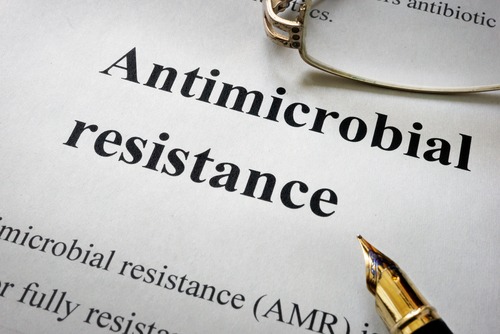
The fourth implementation phase of the Biomedical Advanced Research and Development Authority’s (BARDA) Transatlantic Taskforce for Antimicrobial Resistance (TATFAR) began this week, opening a new round of efforts to mobilize investment to fight growing antimicrobial resistance (AMR).
To date, BARDA notes that spurring industry to invest in and develop new drug candidates remains an uphill battle. As a result, its scientists have authored two papers analyzing best practices and means of implementing antibacterial drug development incentivization throughout the world. Coupled with these ideas are recommendations for guiding pharmaceutical companies and industry partners through the often long drug development pathway.
TATFAR and BARDA have based their efforts on a One Health approach, referring to the collaborative efforts of multiple disciplines working in concert from local approaches to international ones to achieve the best, healthiest ends for people, animals and the environment. BARDA and its other partners on the taskforce have been set on this goal for 12 years. Over the last five years, TATFAR’s focus has been on reviewing strategies to improve the antimicrobial drug pipeline and encourage international research and product development.
Going forward, BARDA and its TATFAR partners will emphasize accelerated development of new technologies to counteract AMR infections. These will include collaboration on preventing drug resistant infections, improving the drug and diagnostic pipeline, as well as improving appropriate use of antimicrobials in human and veterinary medicine alike.
In this way, BARDA will continue partnerships under the Combating Antibiotic-Resistant Bacteria Biopharmaceutical Accelerator (CARB-X) program to accelerate building of an early-stage development portfolio of such treatments. That effort has so far supported 92 projects, which have led to nine first-in-human clinical studies. BARDA will also continue supporting public-private partnerships and providing antibacterial contracts.




